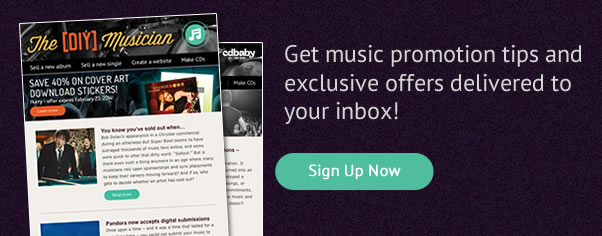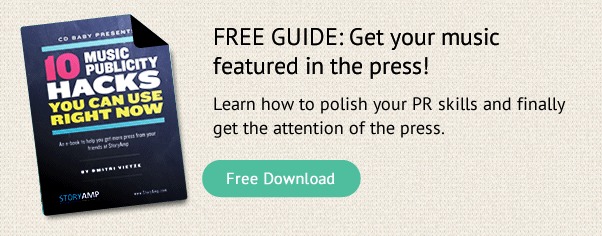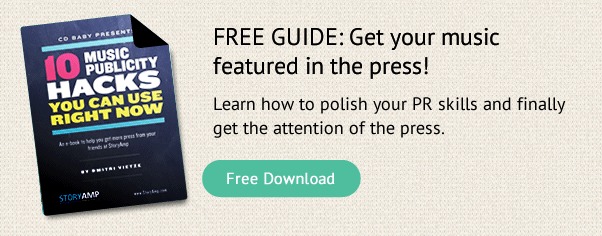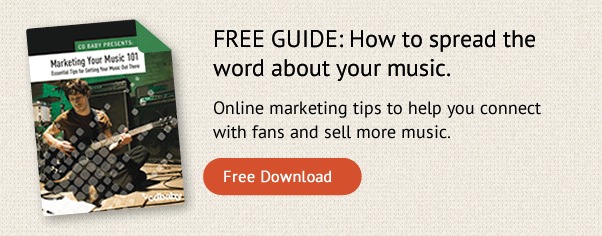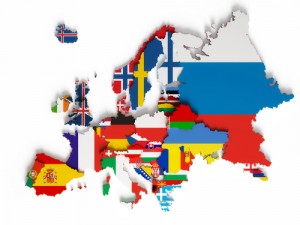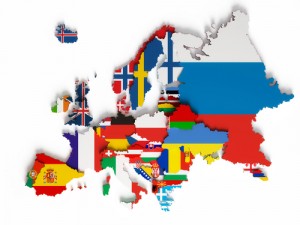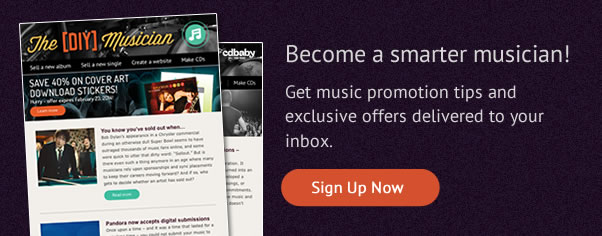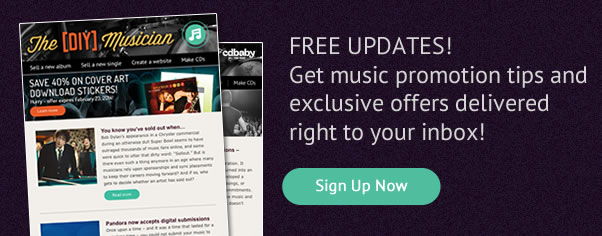Mac Lethal sets an aspiring rapper straight: “the least you can do is not think I got where I’m at by sitting on my ass.”
 Kansas City rapper Mac Lethal has paid his dues. You might know him as the fast rapper dude from YouTube, but Mac’s been doing this for years. He took first place at the legendary Scribble Jam in 2002, the same year he released his debut album, and he’s been a worldwide presence in the indie hip-hop scene ever since.
Kansas City rapper Mac Lethal has paid his dues. You might know him as the fast rapper dude from YouTube, but Mac’s been doing this for years. He took first place at the legendary Scribble Jam in 2002, the same year he released his debut album, and he’s been a worldwide presence in the indie hip-hop scene ever since.
Such a presence, in fact, you can even find a bunch of his tracks at CD Baby! But I digress.
Mac ran into a fan recently, and was a little shocked at how this up-and-comer envisioned the process by which Mac got to where he is. So, he took to Facebook to set the record straight.
Take a look at the expletive-filled post below, and let us know your thoughts – have you ever had an experience like this? Do people underestimate the amount of work that goes into mastering a craft? Do we make too many excuses for why we’re not where we should be?
Here’s Mac’s Facebook post:
Some asshole kid just came up to me at the gas station and said:
“Yeah I rap too. I started in 2013. I’d be way bigger than you. but I have to work a real job while you get to wake up every day and work on music. I’m coming for your spot though.”
HOLD. THE. FUCK. ON.
Dude, when I was 17 years old, I worked at Macaroni Grill as a busboy. Cleaning up plates of shrimp scampi and Tuscan spaghetti and shit. Bringing people basil bruschetta platters and glasses of 1996 Napa Valley chardonnay while freestyling bars in my head. Wifi and iTunes didn’t exist yet. Burning a CD took an hour.
After working a double-shift all day, I’d take my tip $ and pay an older Mexican co-worker to buy me a couple deuce-deuce’s of Mickey’s Malt Liquor. Also, I would have a togo box of Farfalle a Sugo Bianco pasta that I stole from work, so I could replenish my carbohydrates lost carrying giant stacks of drinking glasses back to the kitchen.
(The record at our store was 23 glasses at once. There’s controversy amongst my friends over who the champion was.)
Then, I would drive home in my 1988 Chevy Blazer, drink a deuce-deuce to the head, eat a red cap of Psilocybin mushrooms, smoke an illegal marijuana cigarette, then turn incredibly buttery rap beats up to high decibels and PRACTICE PRACTICE PRACTICE mastering my craft. Sharpening my rap pen, learning how to compose sophisticated beats, absorbing the intricate science of rap volleying from legends like Ghostface, KRS-One and Tech N9ne. I quit smoking cigs, and started double-time rapping while doing calesthenic exercises, to improve my breath control dramatically. Don’t let the muffin top fool you, I’ll do 175 push-ups and 50 wide-gripped pull-ups right now, like it’s nothing.
I never once complained. I just put in crazy, NAVY SEAL level work into my bars. Jean Claude Van Damme in Bloodsport style training. Rickson Gracie bare-knuckle Vale Tudo style training. Jumping into a freezing cold Japanese river naked, and doing yoga, style shit. Fighting grizzly bears and strangling water buffalo with my bare-hands.
All I’m saying is, whenever I see Tech N9ne around KC. I salute the legend. I’ve been friends with him for almost 20 years, but always give the highest praise to a real innovator. A real rap music icon, that paved the way for all the young people under him (me included).
I’m not saying I’m a legend, but the least you can do is not think I got where I’m at by sitting on my ass. This took 17 years, and mad Macaroni Grill double-shifts, b.
Have a great day.
—
So, has this ever happened to you? Sound off!
[Photo from Mac Lethal’s Facebook page.]
The post Mac Lethal sets an aspiring rapper straight: “the least you can do is not think I got where I’m at by sitting on my ass.” appeared first on DIY Musician Blog.
Source: Musician Resources

